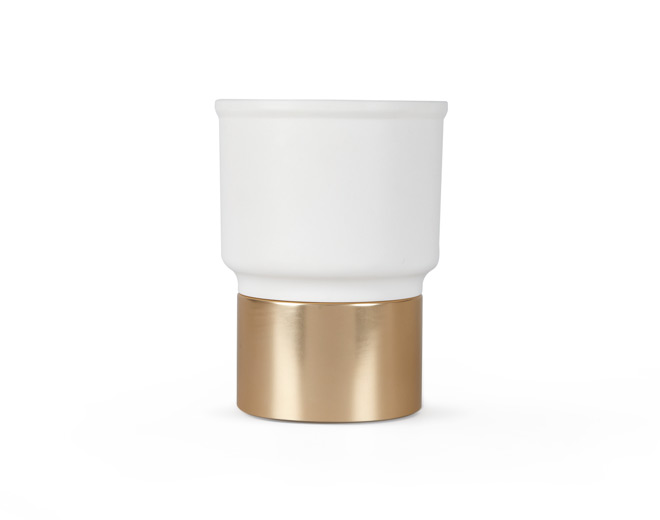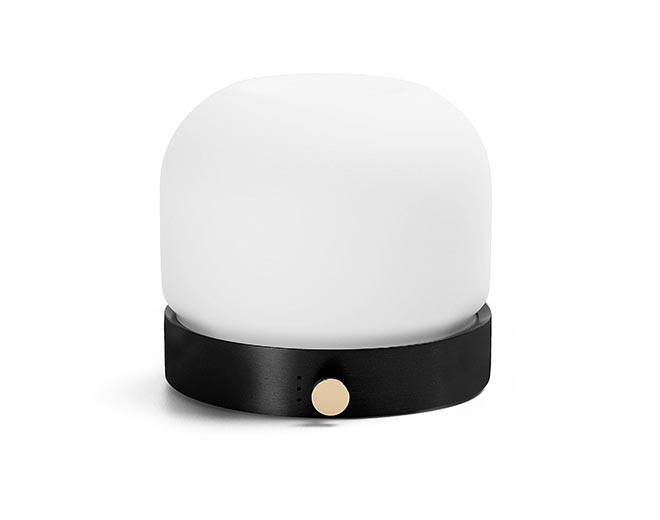Many people are prone to allergies, which cause symptoms such as sneezing and nasal congestion, so what are the essential oils in aromatherapy that can relieve allergies? The essential oil diffuser supplier will give you an answer.
Mentha piperita essential oil
Inhaling dispersed peppermint essential oil usually immediately unblocks the sinuses and relieves a raspy throat. Peppermint acts as an expectorant to relieve allergies, as well as colds, coughs, sinusitis, asthma and bronchitis. It has phlegmatic and anti-inflammatory properties, and inflammation is a major cause of allergic reactions.
A 2010 study published in the Journal of Ethnopharmacology investigated the effects of peppermint essential oil on rat tracheal rings. The results of the study showed that peppermint essential oil is a relaxant with anti-spasmodic activity that inhibits the contractions that lead to coughing.
Another study published in the European Journal of Medical Research suggests that peppermint essential oil treatment has an anti-inflammatory effect and reduces the symptoms of chronic inflammatory diseases such as allergic rhinitis and bronchial asthma.
How to Use: Spray five drops of peppermint essential oil around the house to unclog sinuses and treat a raspy throat. The peppermint essential oil diffuser for bathroom also helps to relax the nasal muscles, enabling the body to clear mucus and allergens such as pollen.
Basil essential oil
Basil essential oil reduces the inflammatory response to allergens. It also supports the adrenal glands, which are involved in the production of over 50 hormones that drive virtually all bodily functions. Essentially, basil waterless essential oil nebulizer helps your body respond appropriately to threats by allowing blood to flow quickly to the brain, heart, and muscles.
Basil essential oil also helps detoxify your body from bacteria and viruses while fighting inflammation, pain, and fatigue. Studies have proven that basil meridian oil has antimicrobial activity that kills bacteria, yeast and moulds that cause asthma and respiratory damage.
How to Use: To fight inflammation and regulate immune system overreaction when confronted with allergens, add a drop of basil essential oil to soups, salad dressings, or any other dish. To support the respiratory system, dilute two to three drops of basil essential oil with an equal amount of coconut oil and apply topically to the chest, back of the neck and temples.
Eucalyptus essential oil
Eucalyptus essential oil opens the lungs and sinuses, which improves circulation and reduces allergy symptoms. Studies have shown that it creates a cold sensation in the nose and helps improve air circulation.
Eucalyptus contains citronellal, which has analgesic and anti-inflammatory properties. It also acts as an expectorant, helping to rid the body of toxins and harmful microorganisms that act as allergens.
A 2011 study published in Evidence-Based Complementary and Alternative Medicine found that eucalyptus essential oil is an effective treatment for upper respiratory tract infections. Compared to participants in the placebo group, patients treated with eucalyptus spray reported improvements in the severity of their most debilitating respiratory infection symptoms. Improvement was defined as a decrease in sore throat, hoarseness, or cough.
How to Use: To treat allergy-related breathing problems, spray five drops of eucalyptus essential oil at home or apply it topically to the chest and temples. To clear nasal passages and relieve nasal congestion, aromatize eucalyptus essential oil with a diffuser.

 English
English français
français português
português 日本語
日本語 한국어
한국어 Deutsch
Deutsch Español
Español italiano
italiano العربية
العربية dansk
dansk Polska
Polska Svenska
Svenska magyar
magyar български
български Nederland
Nederland



